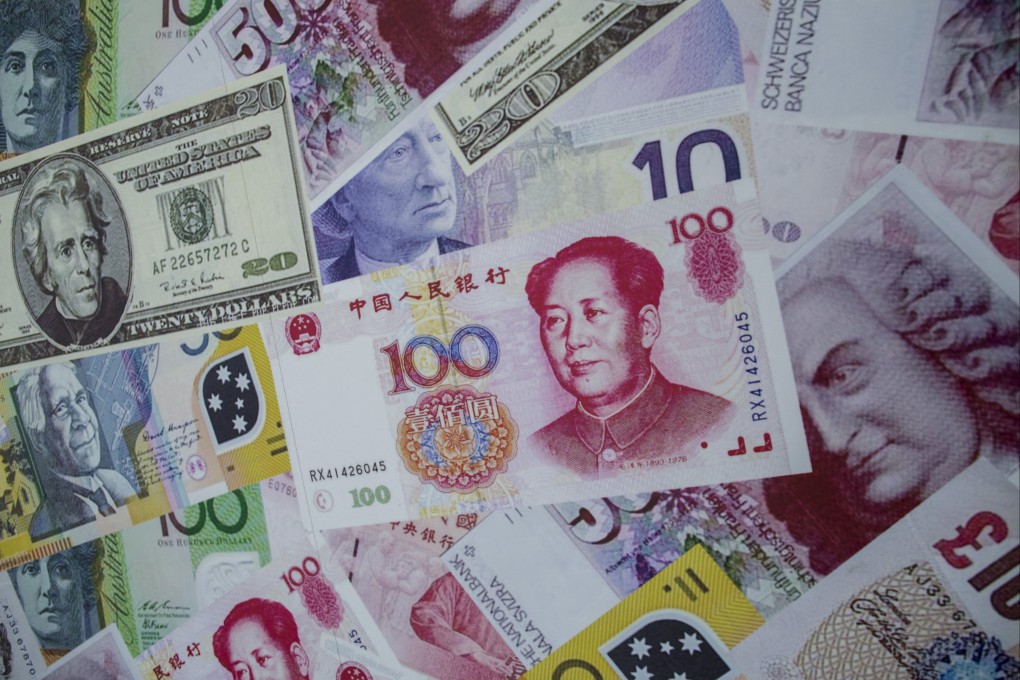My Take | De-dollarisation is about politics as much as economic viability
- The more the dollar is weaponised the faster people will try to dump it, while sanctions are increasingly seen as abusive rather than legitimate

In the heated debate over de-dollarisation, there seems to be two main schools of thought, and some more or less nuanced ideas that fall in between them. One school argues de-dollarisation is happening and is accelerating. A high-profile note in this regard was put out this week by JPMorgan analysts Meera Chandan and Octavia Popescu and has been widely covered by the press.
“Some signs of de-dollarisation are emerging,” the pair wrote. Steep US interest rate rises and sanctions that have frozen Russia out of the global banking system, they argue, have encouraged the BRICS nations of Brazil, Russia, India, China and South Africa, among others, to challenge the dollar’s hegemony.
Last month, a research note released by the asset management team of Goldman Sachs aired similar views. And the month before, Stephen Jen, the CEO of Eurizon SLJ Capital, argued in a note to clients that the dollar is losing its reserve status at a faster pace than generally accepted as many analysts have failed to account for last year’s wild exchange rate moves.
Is a consensus emerging among investment banks that de-dollarisation is something to worry about? It seems so.
The other school argues that de-dollarisation is not the same as demise, and people shouldn’t confuse the two. The use of the dollar as foreign reserve currency by central banks and for international trade has been falling decade after decade, but it’s been a gradual process.
It doesn’t mean the sky is falling on the greenback.

